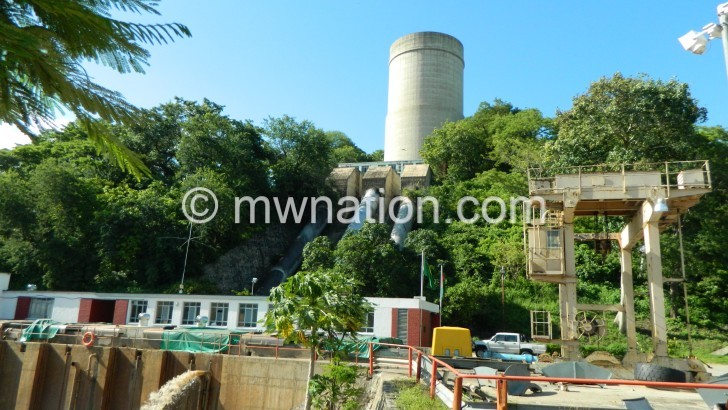PPPC defends prolonged contract negotiations
The Public Private Partnership Commission (PPPC) has defended the longer period it takes to have a public private partnership (PPP) contract agreed and signed, saying it is good for the country.
PPPC chief executive officer Patrick Kabambe, in an interview, said the time it takes is justified to ensure a water-tight deal is sealed to avoid giving Malawians raw deals.

Kabambe said: “Any investors coming to Malawi have to be assured of the return on investment, to get paid when they provide a service, so the process of PPP can be seen to be long but it is for the good reason that we want to assure the investors that their return will be sufficient and be able to get returns.
“At the same time, we also have to work on the payment structure that must be affordable to the government. We don’t want to burden the government with huge payments, but payments must be affordable to both government and consumers of the services.”
On what the PPPC was working on currently, Kabambe noted that one of the biggest challenges in the country is lack of sufficient energy, but they have managed to attract foreign investors.
He said they have discussed with highly credible international players in the energy industry to develop the 350 megawatts Mpatamanga Hydro Power plant which will almost double the current electricity capacity.
He said negotiations will start in January with hope to sign an agreement with the investors so that within next year ground-breaking can be done for the project.
Kabambe said Malawi is favourable for attracting PPP projects to ensure government concentrate on other areas of social services provision.
There have been public concerns about the PPP deals prolonging to materialise, a development that some quarters feel makes the country less competitive in attracting investment, apart from other underlying factors.
Procurement expert Arnold Chirwa, who once worked as Public Procurement and Disposal of Assets Authority assistant director general, in a written response on Wednesday described the PPP as a form of less regulated public procurement than the normal public procurement.
However, he said it involves a lot of intricate calculations and decisions to ensure that the final product is best for the country while at the same time ensuring that the contractor does not make losses.
Chirwa said: “The negotiations are normally longer than ordinary public procurement and could take between one to three years, depending on the complexity of the project.”
Word Bank figures show that Malawi has one of the lowest ratios of PPPs among the low-income countries (LICs), averaging 0.07 percent of the gross domestic product (GDP) against the region’s average of 0.41 percent.
National Working Group on Trade Policy chairperson Fredrick Changaya said that lack of capacity to manage the PPP transactions contributes to the low ratios in the country.
“While it is a quick way of raising finance and bringing major projects to life than would government ministries, departments and agencies with limited budgets, PPP approaches do not eliminate corruption.
“In the end, the efficiency which private sector is meant to bring is compromised. However, the speed with which transformative projects can be brought through PPPs is far too good than the weakness cited.”
Minister of Finance Felix Mlusu said government is committed to improving the business environment for PPPs to thrive.
He said: “While we create a conducive environment for private sector involvement in the development of the country through appropriate legislation and suitable macroeconomic conditions, we welcome private sector active participation in the various projects”.





